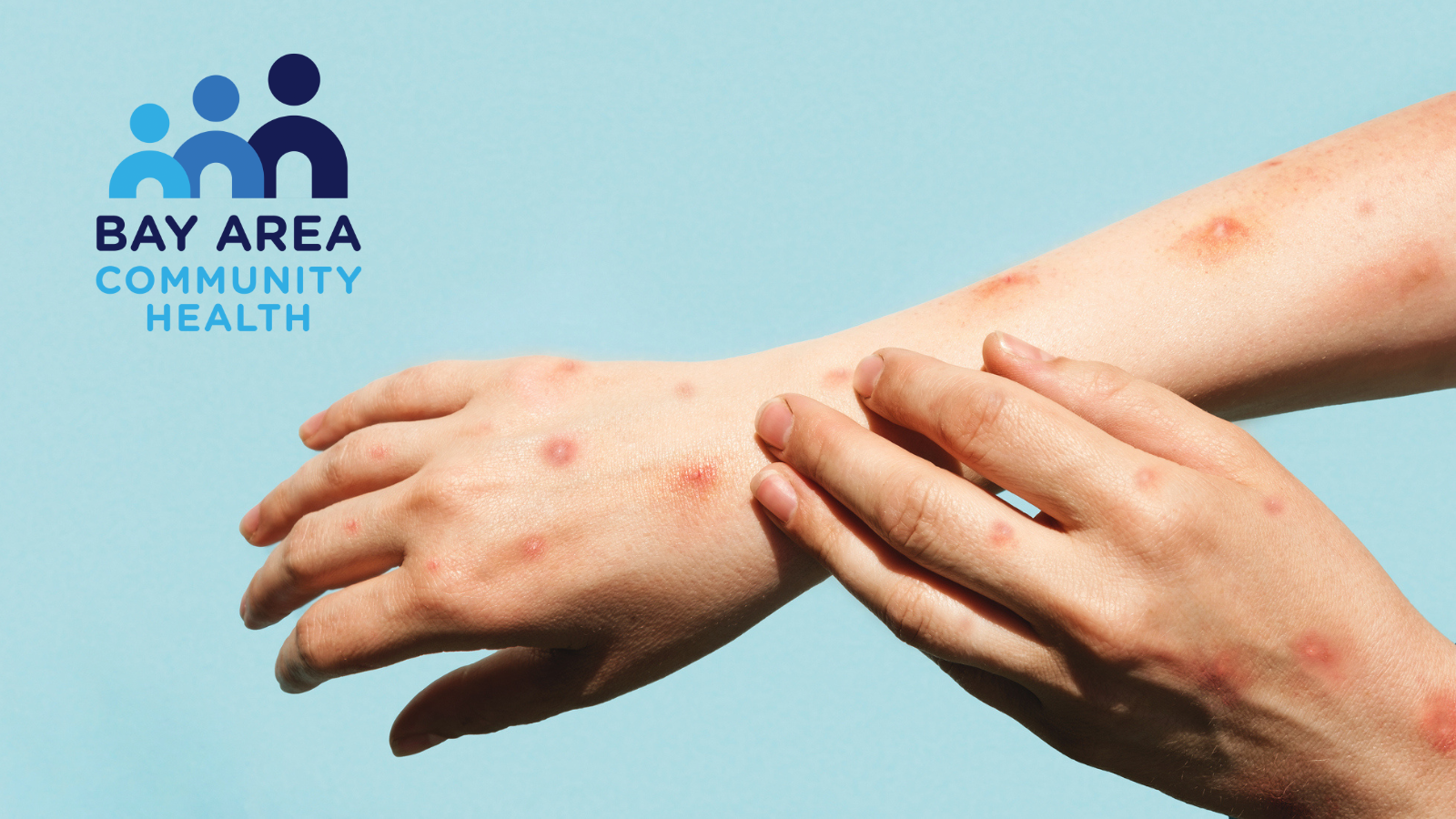Bay Area Community Health: MPX Information Landing Page
Blog contributed by Bay Area Community Health
Much like with COVID-19, Bay Area Community Health (BACH) is stepping up to the front line of this fight. “Although MPX is serious, it is also both preventable and treatable” Padmaja Magadala, DHSc, MBBS, MHA, MS. BACH HIV/TransVision Program Director. Magadala highlights “BACH is working hard to stay ahead of this situation by providing information, testing, vaccination, and treatment options to ensure the safety of its community members.”
MPX, pronounced M-Pox and formerly referred to as Monkey Pox, is a rare disease caused by infection with the MPX virus. This virus is related to the variola virus, in the same family as smallpox.
MPX is generally recognized by the following symptoms:
-
- Fever
- Headache
- Muscle and backache
- Swollen lymph nodes
- Chills
- Respiratory symptoms such as sore throat, nasal congestion or cough
- Most notably, a rash that can look like pimples or blisters that appear on the face, inside the mouth, and across the body like hands, feet, chest, genitals, or anus.
In some cases the rash appears first, followed by the other symptoms, although some patients will only experience a rash.
MPX is generally spread via person-to-person contact, especially direct contact with the infectious rash, scabs, or bodily fluids. Respiratory spreading is also possible during prolonged face-to-face contact, or during intimate physical contact such as kissing, cuddling, or sex. It is also possible to contract after direct contact with soiled clothing, bedding, or other materials.
In order to prevent infection, avoid close skin-to-skin contact with people who are showing symptoms and avoid contact with objects and materials that a person who has MPX has been in contact with. In addition, wash your hands often with soap and water or use an alcohol-based hand sanitizer, especially before eating or touching your face and after using the restroom.
Should one become infected with MPX or start to show symptoms they should isolate themselves immediately. The infected individual should remain in isolation until the rash has healed and a new layer of skin has formed. Avoiding contact with others and not sharing any items the infected person has touched will help prevent new infections. MPX can also be spread to animals, so staying away from pets is also an important step.
If you would like more information on MPX or to make an appointment with BACH, please visit https://bach.health/mpx
